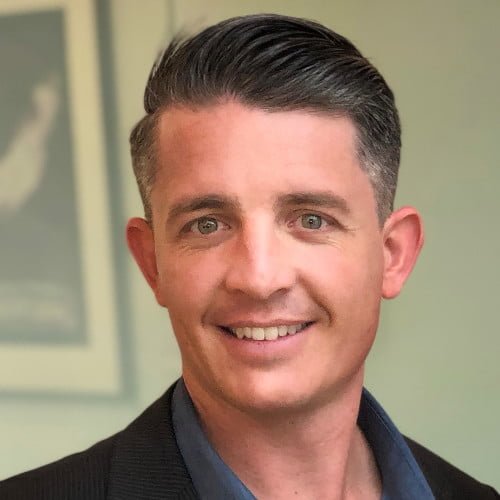Cory Eustice, head of talent for startup WeedMaps, clearly knows what its users want when they utilize his company’s product.
“WeedMaps started 11 years ago to answer a simple question: Where can I find my cannabis?” he said in a recent podcast with EmployeeCycle CEO Bruce Marable.
To that end, the company has been building an end-to-end platform for both retailers and consumers, in what most would consider perhaps the most unconventional of emerging industries of the past few decades: marijuana.
So how do companies like WeedMaps recruit candidates to work in companies that serve an unconventional industry?
In order to answer that question, Eustice said it’s important to first define what an unconventional industry is.
“It depends on the person,” he said. “But the easy, knee-jerk idea is that it’s a company you’d be hesitant to put on your resume.”
Eustice said he was initially surprised at the true variety of jobs people are doing these days. “There’s stuff that I had no idea was a job, like performing on cruise ships. That’s an unconventional industry,” he said.
Overcoming Stereotypes
One of the most frequent questions Eustice said he encounters from candidates is whether you need to “smoke alot of weed” to work there.
“Are we just a bunch of stoners just sitting around all day getting high and talking to people? Absolutely not. We’re a real company and we build real software and we make real money.”
Having said that, the company’s employer brand strategy does not shy away from its stated mission. “We embrace the fact that we’re champions for cannabis,” Eustice–himself a nonuser–said.
So when it comes time to sell candidates on the company, he said the company takes its cues from the big screen.
“We use the term ‘8-Mile-ing’,” he said. “Tell them everything they’re gonna hear, that they’re gonna think and that they’re gonna ask about us, and they’ll see that we’re honest, truthful and transparent about every single thing.”
So when any pushback comes against WeedMaps in the candidate’s life, he or she can say, “Oh yeah, Cory told me that you were going to say that, and now that you did, it makes me trust him even more.”
And that’s what builds trust, Eustice said, which is important in recruiting because “all we have to go on is our reputation.”
“We’re just trying to do like [8 Mile main character] B-Rabbit did,” he said. “Once you say everything there is to say about you, they can’t say anything and they’re left with nothing.”
So you don’t need to smoke weed to be an employee at WeedMaps?
“But you do have to watch 8 Mile,” he said with a laugh.
Previous Experience Needed?
Is it difficult to find candidates with previous experience in a disruptive–and still-emerging– industry?
Eustice doesn’t think so.
“Cannabis has been around for a long time and there are plenty of people who know about it, but it’s never been talked about in the open,” he said. “Now, when we post for a content writer, we literally get thousands of resumes.”
Eustice said he’s sure candidates have avoided his company due to ethical differences.
“It’s fine,” he said.”We know there are plenty of other people looking for positions.”
Indeed, in the past year, WeedMaps has identified 37,000 unique candidates, and hired 200 workers in the first six months of 2019, while some employees have even gone on to work for more “conventional” disruptors.
“Google and Facebook have both poached talent from WeedMaps,” he said, “so we’re certainly not a black mark on any developer’s resume.”
So what advice does Eustice have for other unconventional employers looking to find the right talent for their needs?
“Lead with what’s true about you,” he said. “There are always going to be people to speak ill about your or a candidate who didn’t like the experience. You can only control what you can control.”
Eustice also advised talent hunters to pursue leads both inside and outside their respective industries.
“Why only fish in one place when there’s fish in both places?” he said. “If we only advertised outside the cannabis industry, then all we’d get are people who know how to do things but not in the cannabis space, and the opposite is true as well.
“Neither one is a bad thing,” he said, “but both of them is a better thing.”
Tired of manually building messy HR reports and spreadsheets? Click to get your demo to learn how to pull and view all your people data in one HR analytics dashboard.












